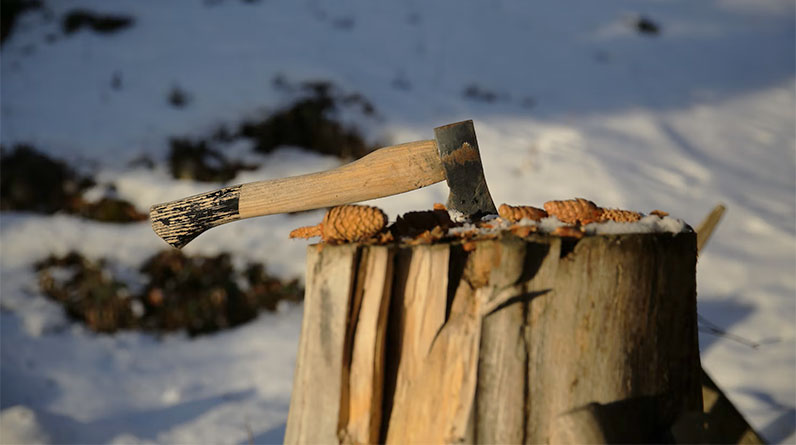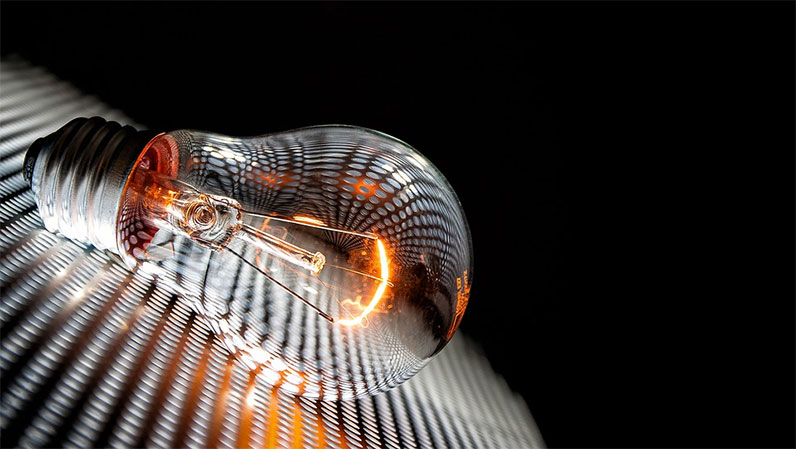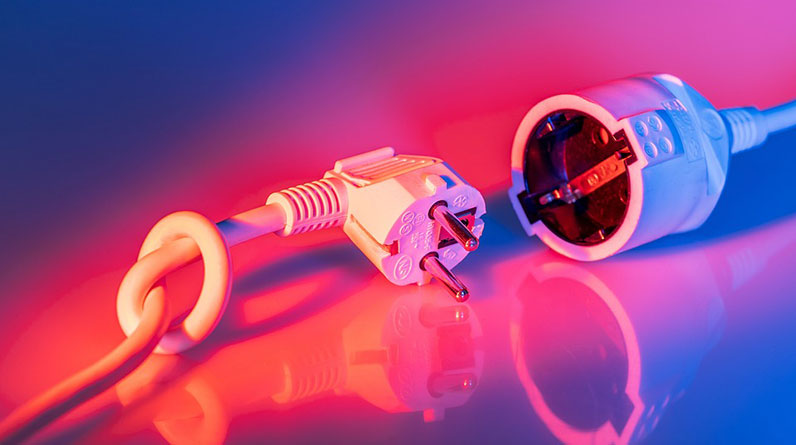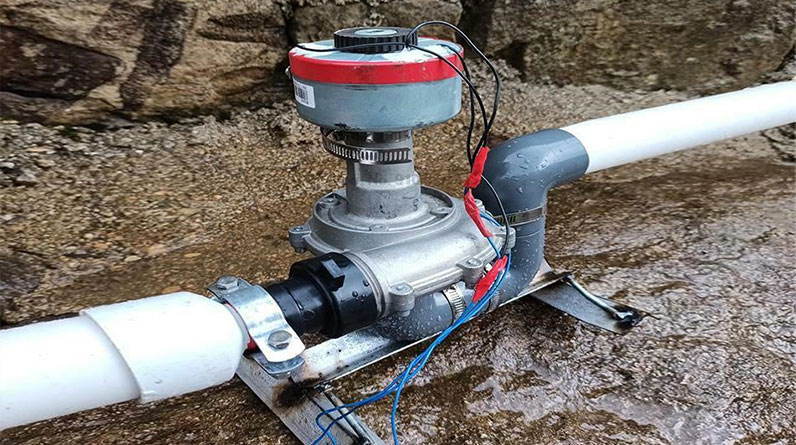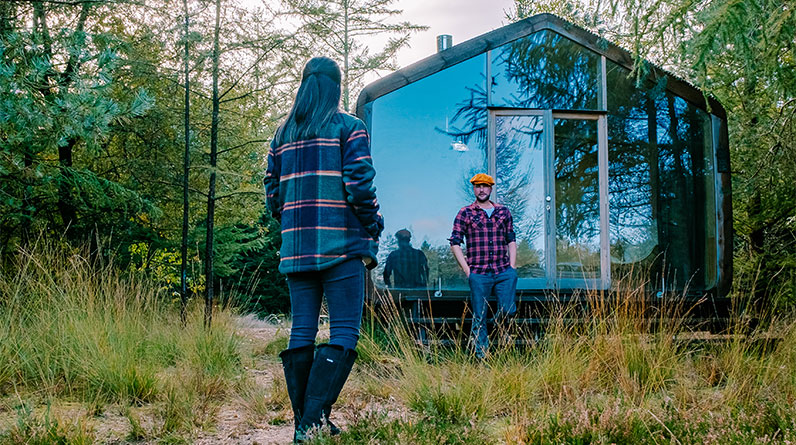
Is Living Off The Grid Right For You?
When you think of the term “off-grid,” what comes to mind? Undoubtedly, images of remote cabins in the mountains, a secluded cabin somewhere in the woods, or even camping come to mind.
But what exactly does “off-grid” mean? What does it imply? And is there a way for you to live this way if that’s what you want?
Living off the grid is not as complicated as it sounds. In fact, living off the grid simply means that you produce your own electricity and don’t rely on public utilities as your main source of power and resources.
Instead of depending on external sources like a generator or solar panels, you supply your own home with renewable energy from an independent source.
Self-Sufficiency
What’s the point of living off the grid? Why would anyone want to do this? Some people want to live off the grid because they want to be self-sufficient.
They don’t want to rely on the outside world for the things that they need because this dependence is not only expensive, but it is also a security risk.
Some want to live off the grid because they want to be environmentally friendly — living off the grid is one of the best ways of reducing your carbon footprint and helping the environment.
Others might want to live off the grid because they simply want to get away from the hustle and bustle of daily life.
They want to be free from the constant distractions that we are subjected to on a daily basis. They want to be free from the noise and pollution that comes with living in a highly populated area.
They want to be away from the endless traffic that comes with living in a large city, and they want to live a more simple life without all the craziness of daily life getting in the way of what’s really important. Living off the grid can help you achieve all of these things and more.
How to Live Off the Grid
There are two main ways that you can go about living off the grid:
- First, the main goal is to generate your own electricity using renewable resources. You can generate your own electricity using wind turbines, solar panels, hydroelectric turbines, and more. Many of these energy sources are free, which means that you can save thousands of dollars per year. You can also get your electricity from other sustainable sources like biomass or geothermal energy. You can also use a combination of these sources if you want to be extra eco-friendly.
- Second, you can source your water from a sustainable source. The water that comes from public utilities may or may not be safe to drink, which is why you should find a sustainable water source. You can do this by finding a nearby stream or river. You can also dig a well on your property and use the water that comes from it.
Advantages of Living Of The Grid
By living off the grid, you don’t have to rely on anyone else to give you access to electricity. You are completely independent of the public grid. This means that no one can shut off your power if you don’t pay your bill.
You can also start saving money by using renewable energy sources like solar panels. You can save money by not paying your public utilities company for the electricity that they provide.
You can even sell the excess energy that your home produces back to the public grid. Being off the grid also gives you a chance to become more self-sufficient.
You can use the resources that are available to you locally to produce the goods and services that your family may need. This can help you become more self-sufficient and less dependent on outside goods that might not be as high in quality as you want them to be.
Disadvantages of Living Off The Grid
There are a few disadvantages to living off the grid. The first disadvantage is that you have to invest a lot of time and money into making your home off the grid.
You have to find the sources of energy that you can use and make sure that they are safe for you and your family, and also safe for the environment.
The second disadvantage of living off the grid is that it may be illegal in many places. Unfortunately, you can’t just go and plug in your home wherever you want to.
You have to make sure that you plug into the grid whenever you’re in a highly populated area. Believe it or not, If you don’t, you can get in trouble with the law.
You can also get yourself into trouble if you try to sell the excess energy that your home produces back to the public grid without a permit.
Conclusion
There is no doubt that living off the grid may not be an easy task for some, but not so bad for others. However, it is definitely worth it as it will help you become less dependent on the outside world. In addition, it will help you save money and help reduce your carbon footprint.
If you want to live off the grid, make sure that you are able to find a way to produce your own electricity, which is usually done with the use of solar panels, wind turbines, and hydroelectric turbines.

